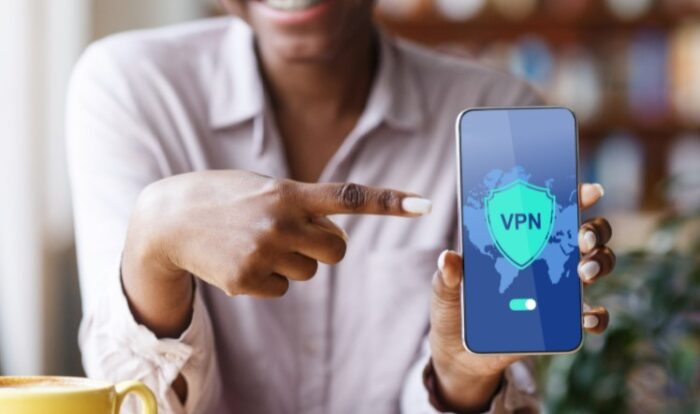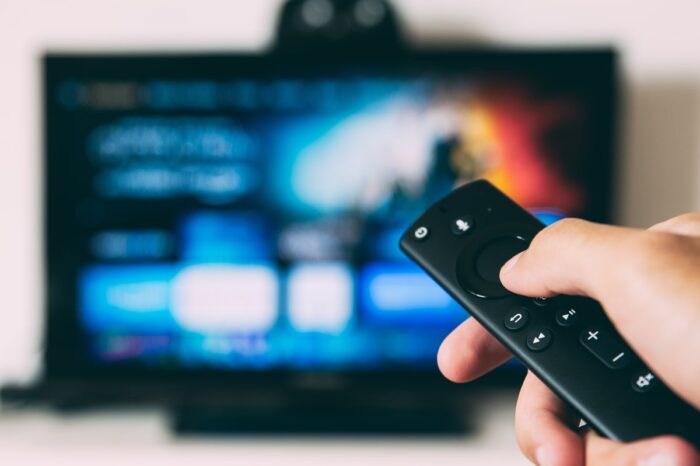
Binge watcher streaming fans are increasingly choosing to watch their favorite content online rather than in theatres, fueling the growth of streaming platforms. The arrival of COVID-19 has also boosted the popularity of streaming services. Netflix, Hulu, Amazon Prime Video, and Disney Plus continue to be the world’s most popular streaming services.
However, Netflix has a different content library in every region, and the USA has the largest Netflix library. And luckily, you can have direct access to the Netflix US library by subscribing to a premium VPN from anywhere. As well, even though Hulu is only available in the USA, its demand has increased worldwide, all thanks to a premium VPN that allows you to trick Hulu location and watch its content from anywhere outside the USA. You can read this blog on Rantent for a detailed guide about the Hulu location tricks.
So, before we dive into why the importance of VPNs is gaining in the streaming world, let’s get into the basic info about them.
What is VPN?

VPN (Virtual Private Networks) allow users to send and receive data over public or shared networks while remaining virtually anonymous. People who travel for work and routinely stream videos, games, and music utilize it frequently. It doesn’t only conceal your original IP address, but it improves your privacy and security. It allows you to do more than watch online, allowing you to be more anonymous online.
The main reason why VPNs have become so important and useful for streaming is because of these main functions. First, they can bypass typical restrictions like bandwidth throttling and geo-blocked material, making them interesting options to expand your streaming options.
So, if you are still wondering, are the advantages of using a VPN to stream worth it? Are there any significant disadvantages? Let’s dive into all you need to know about the importance of VPNs in the streaming world!
How Does VPN work for streaming?

It works by establishing a secure, private, and encrypted connection between your device and the Internet. It reroutes your device’s IP address through its own remote, intermediary servers rather than connecting through your regular internet service provider (ISP).
It’s essentially a secure connection between you and the streaming website you’re visiting. The fascinating part is that the tunnel might appear somewhere it isn’t, so you could be in the UK but look to be connected from the USA.
VPN masks the location of your streaming device by masking your IP address, which is especially useful when VPN servers are situated in various countries. This method is also known as spoofing, which allows you to access geo-restricted content from a number of streaming service providers.
Why are VPNs used for streaming?

Geo-blocked content is a prevalent feature across all major streaming services, such as Netflix, Hulu, BBC iPlayer, and HBO Max, due to variances in licensing issues worldwide. This implies that some TV episodes, movies, and athletic events will be unavailable to watch in your country if you’re streaming material. One of the most appealing features of VPNs is that they can circumvent these geo-restrictions by making it appear as if you’re accessing geo-restricted content from a trusted location. This is accomplished by forwarding your internet traffic to a remote server that is conveniently positioned.
Furthermore, VPNs offer a wide range of server locations, allowing you to continuously evade limitations and enjoy fast connection speeds, regardless of where you’re streaming from. However, below are the main reasons that have created the importance of VPNs in the streaming world.
- Online Anonymity
- Bypass Censorships
- Protection Against Hackers
- No Data Throttling
- HD Streaming
- Compatible with all kinds of Smart Device
- Easy to Use
- No Ads
- Public Networks become safe to connect
- Secures your Online Privacy
- No buffering issues
Are VPNs safe to use for streaming?

Your internet traffic is rerouted and routed through the VPN provider’s servers. If the supplier so desires, it can monitor everything you do. As a result, you must have confidence in your VPN. Most of them do not keep track of what you do or store your information. However, some VPNs exploit the data that passes through their servers and sell it to advertisements. This is particularly true of free VPNs. These are frequently unsafe. It is therefore critical to conduct a preliminary study before employing it.
Are VPNs legal to use for streaming?

It use is legal in most countries. However, it is prohibited in the United Arab Emirates, Turkey, China, Iran, North Korea, Saudi Arabia, and Russia. Russia’s president, Vladimir Putin, recently outlawed the usage of VPNs. Also, many countries consider any form of IP spoofing to be illegal, not only those services designated as VPNs, but therefore the so-called proxy server alternative to VPNs is also unlawful. Penalties and restrictions differ. China permits the use of certain VPNs that have been approved.
So, if you are a tourist vacationing in any country where VPN is prohibited, then this is what you should definitely look at before visiting a country. Many tourists wrongly feel that just because they aren’t citizens and are only connecting to a company system, they should be able to use VPN software without restriction. This is a blunder.
However, before subscribing to a VPN connection, check the rules of the country you’re in. It’s also recommended to check with your VPN service, both to see if it’s aware of any problems and to see if it’ll allow you to connect from the nation you’re going to.
Conclusion
It allows you to access geo-restricted content on services like Netflix, Hulu, Amazon Prime, and HBO Max. Second, a VPN might help you avoid the buffering problems that come with bandwidth limiting.
Streaming with a VPN has several advantages, and we’ve only touched on the most important ones in this article. They not only provide you access to streaming video from any region, but they also give you perfect anonymity. So, you can relax about the security of your online data because VPNs adhere to a strict no-logs policy.








